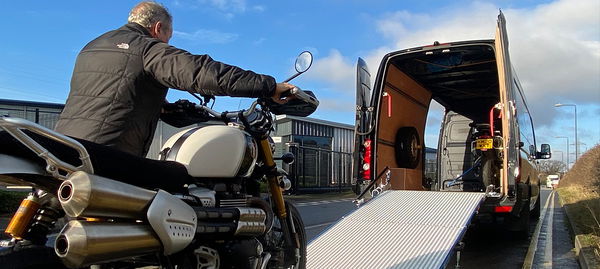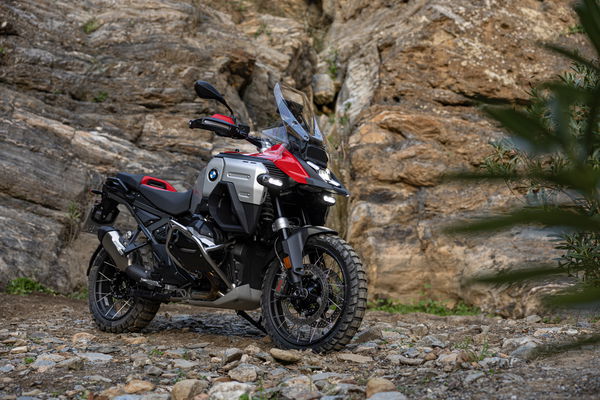Game-changer in electric battery technology | Full recharge in 90 seconds!
MAHLE Powertrains has quite possibly revolutionised the electric scooter market with an electric battery concept that can recharge in just 90 seconds.
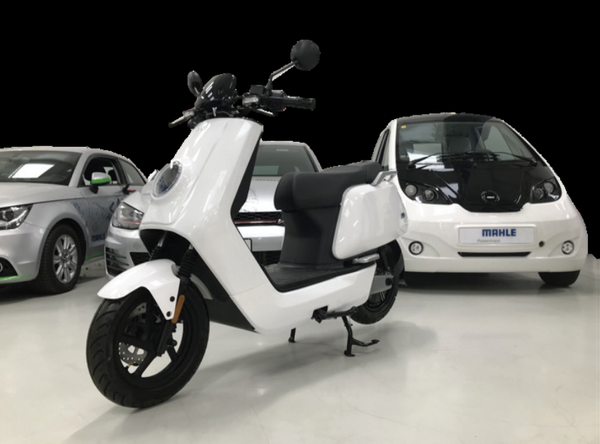
MAHLE Powertrains, alongside Allotrope Energy, has just presented new electric battery tech that could genuinely revolutionise the electric scooter market. Capable of ultrafast recharging of the new lithium-carbon battery tech in under 90 seconds!
Designed primarily with the urban distribution network in mind, the concept is noted as being particularly sustainable as it doesn’t require rare-earth metals, is fully recyclable, and is not as susceptible to ‘runaway events’ following repeated fast-charging.
Key to note here is that the tech is currently in the stages of development for lightweight scooters used for delivering food. But before you throw your head back in disgust, consider that this is the starting point for new tech - stuff like this no doubt be can be scaled up over time.
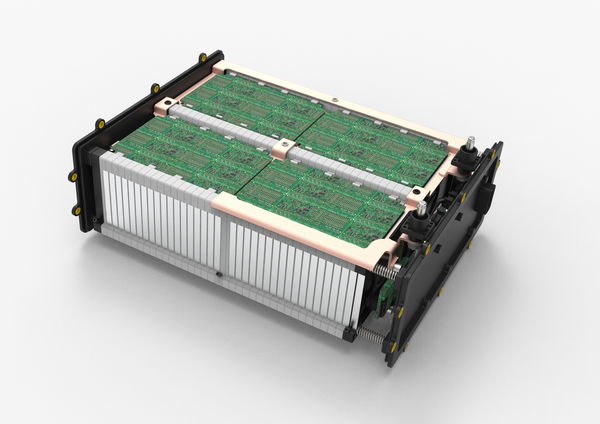
And range is the primary issue raised with electric motorcycles. “Range anxiety is often quoted as the main barrier to electric vehicle adoption, but if the battery could be recharged in the same time it takes to refuel a conventional IC engine vehicle, much of that worry goes away,” said Dr Mike Bassett, Head of Research and MAHLE Powertrain in a press release.
How does this electric battery technology work?
From the MAHLE press release, they claim to have combined technology from a traditional lithium-ion battery and a supercapacitor (a high-rate battery-type anode from the lithium-ion battery, with a cathode from a supercapacitor, separated by an organic electrolyte) resulting in a this battery that can recharged from a 20kW source in under 90 seconds. Additionally, its capacitor-style cathode enables a lifetime of over 100,000 cycles.
A conventional 500 Wh lithium-ion battery would take 30 minutes to recharge, in comparison.
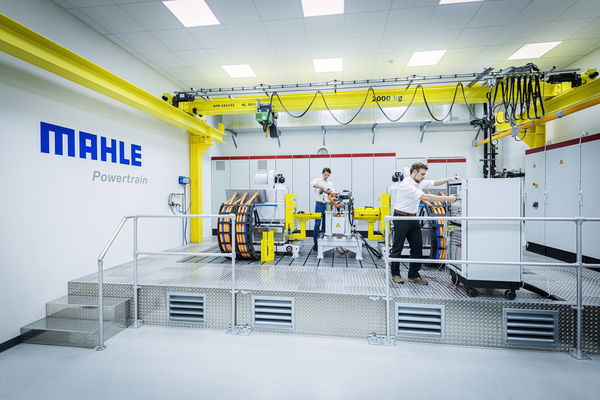
It’s claimed that this battery suffers none of the negative thermal degradation effects experienced by traditional lithium-based batteries, that its stability combined with ability to sustain high temperatures allows high current delivery and fast recharging, all without the need for complex external cooling or elaborate battery management systems.
The project centred around the scenario of a city-based e-scooter rider with a 25 km target range, possible with the current fleets but with the caveat of longer charging times, and fast-charger-induced battery life reduction.
If a 90 second recharge is possible, that’s quite literally on par with combustion engine alternatives, even capable of a recharge whilst making a delivery.
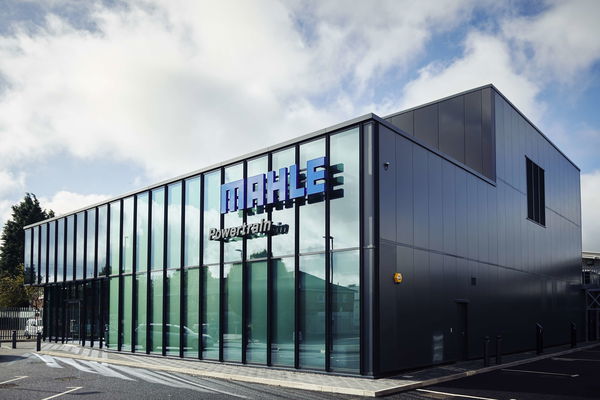
“With ultra-fast charging, the size of the battery can be optimised to suit the scenarios the vehicle will be used in, and that leads not only to weight savings but also cost reductions that further lower the barriers to decarbonisation,” Bassett added.
“With the rise of the on-demand economy, there’s been a rapid increase in the use of petrol-powered mopeds for urban deliveries such as take-away meals, and this has contributed to air quality issues in our cities, decarbonising these deliveries has so far proved difficult without maintaining a stock of expensive interchangeable batteries or switching to a larger, heavier electric vehicle with increased energy consumption.”
“The real challenge came in designing the electrical architecture capable of absorbing such high rates of charge,” said Bassett. “Additionally, with no suitable charging systems on the market that can deliver these charge rates from a domestic supply, we created our own bespoke design.”
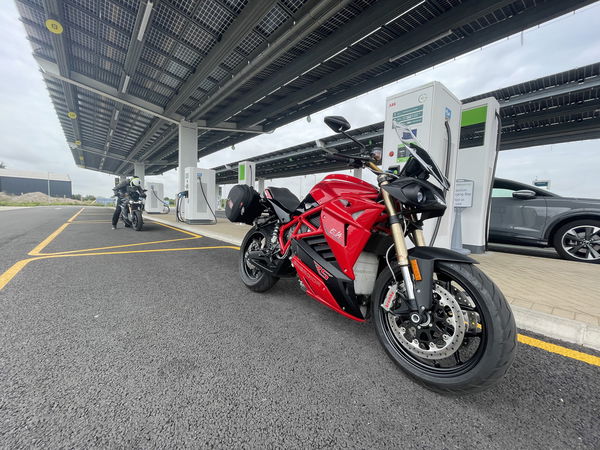
Energica Eva Ribelle - has DC fast charging, but not this quick!
MAHLE is also investigating alternative fuels, like hydrogen… The future is now!
